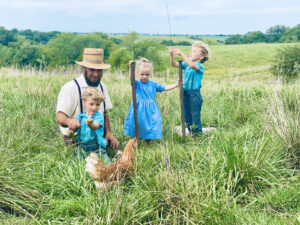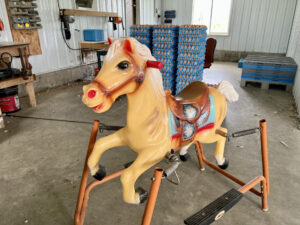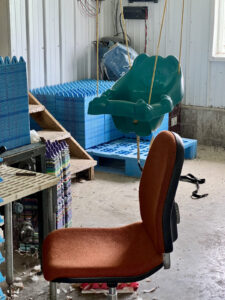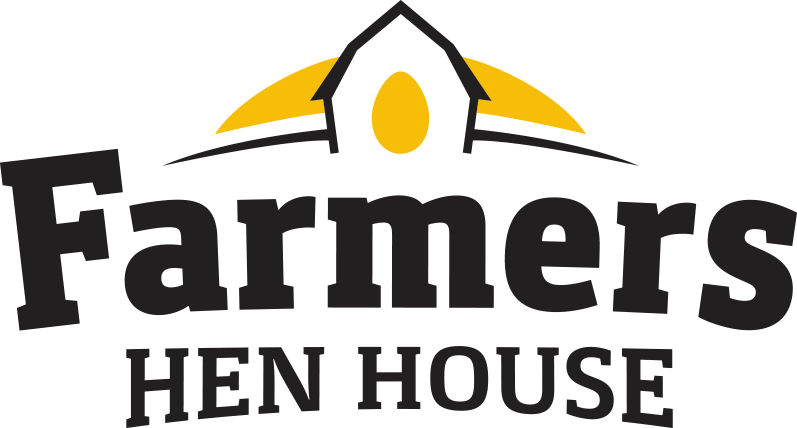It’s been documented in recent years that the family farm is a thing of the past.
The reason for this has to do with the growing number of corporate farms that are the result of businesses buying out multiple small family farms and amalgamating them into one large corporate farm in order to cut their sourcing costs, while increasing their production output.
With a fluctuating Urner Barry as a result of ever-changing energy and feed costs, in addition to the continued rise in farm equipment cost, it’s challenging for small family farms to not sell to a large corporation when the season is not producing a net gain. Furthermore, large corporations have made it a practice of squeezing small family farms until they absolutely have to sell.
While the Urner Barry and the informing factors are an issue for any farmer no matter how big or how small, at Farmers Hen House, the 50 + small family farms that we partner with our able to stay fairly insulated from the tides of global events.
 In part, that’s because the majority of our family farms our Amish and Mennonite, and have long history of farming sustainably.
In part, that’s because the majority of our family farms our Amish and Mennonite, and have long history of farming sustainably.
For centuries many the family farm in our area has been handed down carefully from one generation to the next. Preserving the family farm for our farmers means preserving the soil. This is why the majority of our farms are organic, and why many of them produce their own feed rather than relying on feed from outside sources.


With over 100 certified organic family farms in a six-mile radius, it’s not a surprise that our community is made up of small family farms that work together with other businesses and organizations in the community to enable the next generation of young farmers to continue to farm for their family now and their family to come.
Sustaining small family farms has been the philosophy of Farmers Hen House since the beginning, when Eldon T. Miller founded the company in efforts to help local small farms get their organic eggs to market.
Today, many of Eldon’s sons, son-in-law, and nephews are also farmers with the Hen House. Additionally, farming family’s like John Mark and his sons Eugene and Leland (pictured top), and Cuvin and Darin Weiler, Nelson and Eldon Gingerich, and many more also farm together in order to provide a way of life for generations to come.
This type of intentional farming is farming you can trust, because it’s farming with a greater purpose than just profit. Many corporate farms exist to cut margins as thinly as possible in order to maximize their profits. At Farmers Hen House, while we have to take into account margins, we don’t simply do business with them in mind. More so, we’re a community, and as a community, we’re in the business of seeing our community flourish now, and for decades to come.

